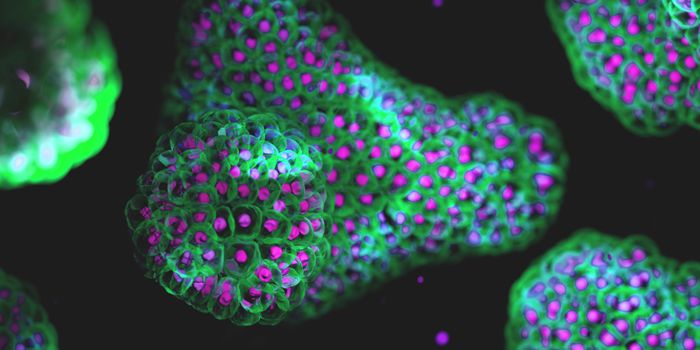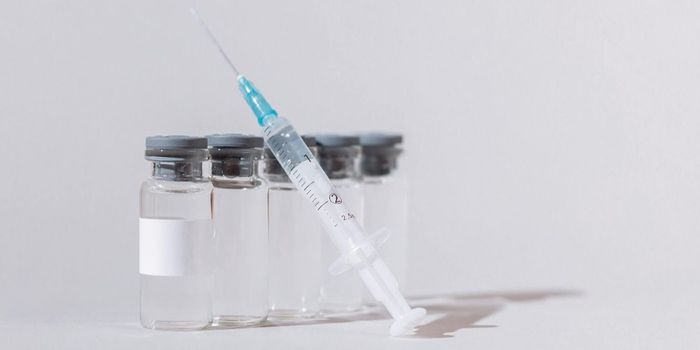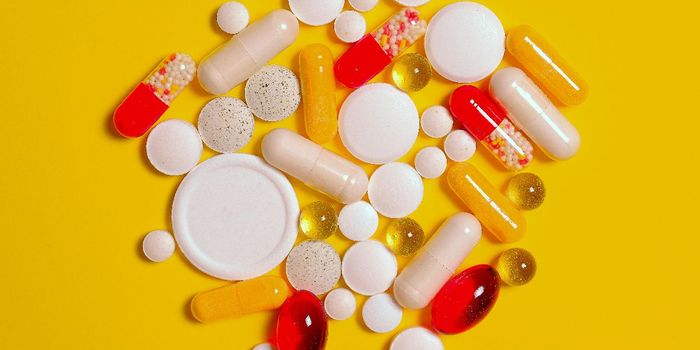Natural Sugar Alternative Stevia May Cause Gut Bacteria Imbalance
Governments are keen to create regulations to reduce sugar intake. As such, companies are increasing their usage of artificial sweeteners, including stevia, a natural sweetener. There is, however, still some debate on whether these alternatives are necessarily healthier than sugar. And now, researchers from Ben-Gurion University in Israel have found that stevia may cause a microbial imbalance in the gut.
Stevia is a sweetener and sugar alternative derived from the leaves of the Stevia rebaudiana plant found in Brazil and Paraguay. Between 200 and 300 times sweeter than table sugar, it contains practically no calories and is an increasingly popular alternative for sugar in both food and beverages. Moreover, it has generally been considered a healthy alternative for sugar, especially for those with diabetes.
New research now proves this may not be the case. In the study, researchers investigated the effects of different strains of stevia on the microbiome. In particular, they examined their impact on signaling molecules via quorum sensing pathways, known to play a key role in regulating gut microbial activity.
In the first of their experiments, they investigated the effects of a commercially available stevia supplement. In doing so, they found that while the sweetener did not kill off bacteria, it tended to inhibit certain microbial communication pathways. Meanwhile, in testing purified stevia extracts, they found that the sweetener may have interrupted Gram-negative bacterial communication.
"This is an initial study that indicates that more research is warranted before the food industry replaces sugar and artificial sweeteners with stevia and its extracts," says Dr. Karina Golberg, lead author of the study.
To further confirm the sweetener's safety, the researchers say that further in vivo studies are required. While they do not necessarily warn people to stop using stevia, they ask people to be aware that the sweetener may pose a risk to gut health and that researchers are still unsure how this may translate into health issues later on.
Sources: Medical News Today, Neuroscience News, Molecules, The Media Line









